Cordyline australis ‘Atropurpurea’ – Single trunk
Purple Cabbage Tree
The Purple Cabbage Tree, is one of the most renowned plants indigenous to New Zealand, and has since become very popular in cultivation in the UK.
It typically grows as a single or multiple trunk tall tree with pale to dark grey corky bark, sporting iconic sword-shaped leaves that grow up to a metre long, and produces panicles of fragrant, sweetly perfumed white flowers in late spring.
Cordyline australis ‘Atropurpurea’ is a popular, naturally occurring cultivar which is purple leaved and slightly shorter than the original species.
FREE DELIVERY FOR ONLINE ORDERS*
*(parcel orders over £60.00 and pallet deliveries over £350.00)
Order today for shipping on Monday 29th July.
Plant Biography
Native to New Zealand where it’s known to the Māori as ‘tī kōuka’, and grows at the margins of forests, frequently near swamps. It has historically been eaten by native New Zealanders, who bake the root or brew it into an intoxicating drink. The Māori also use parts of the plant to treat a variety of injuries and illnesses.
You may have seen Cordyline Australis with either single unbranched stems or forked branches. This is because the plant only divides into forks after its first flowering, which typically occurs at 6 to 10 years of age. Each branch may fork after producing a flower stem, which appear within pink tinged bracts with protect the flowers before they open.
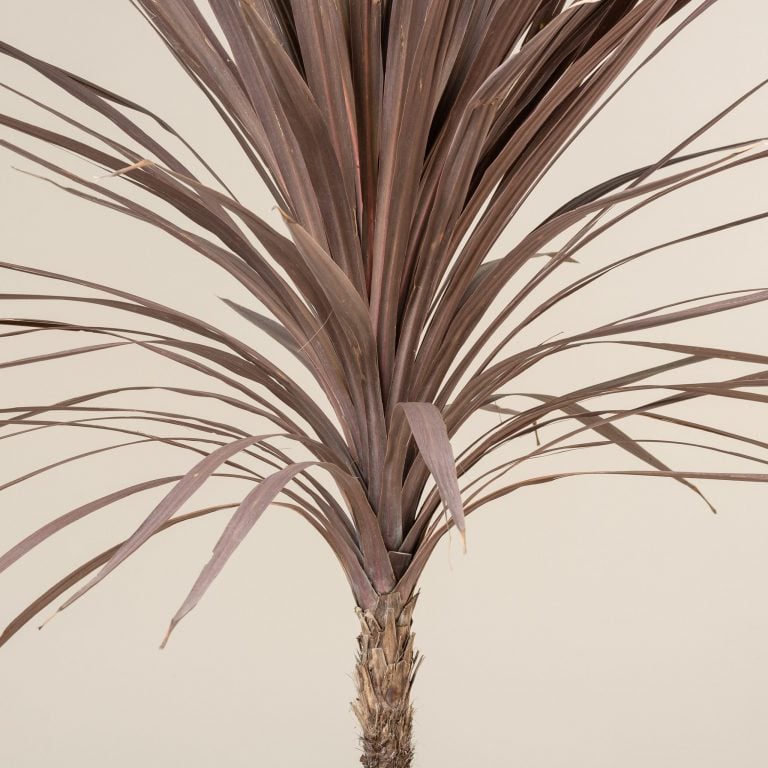
Expert Tip
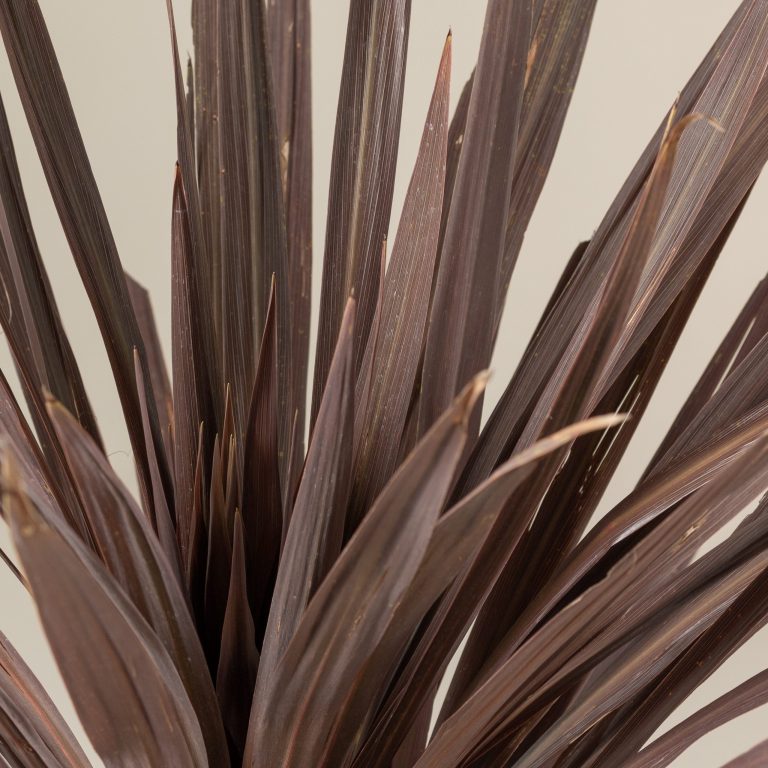
'Atropurpurea' Cultivar
Cordyline australis ‘Atropurpurea’ is the oldest selected cultivar of cordyline, with records show it being grown in nurseries from the late 19th century.
This cultivar boasts memorable purple leaves and grows slightly shorter, making it perfect for container growing or for adding interest to smaller spaces in the garden.
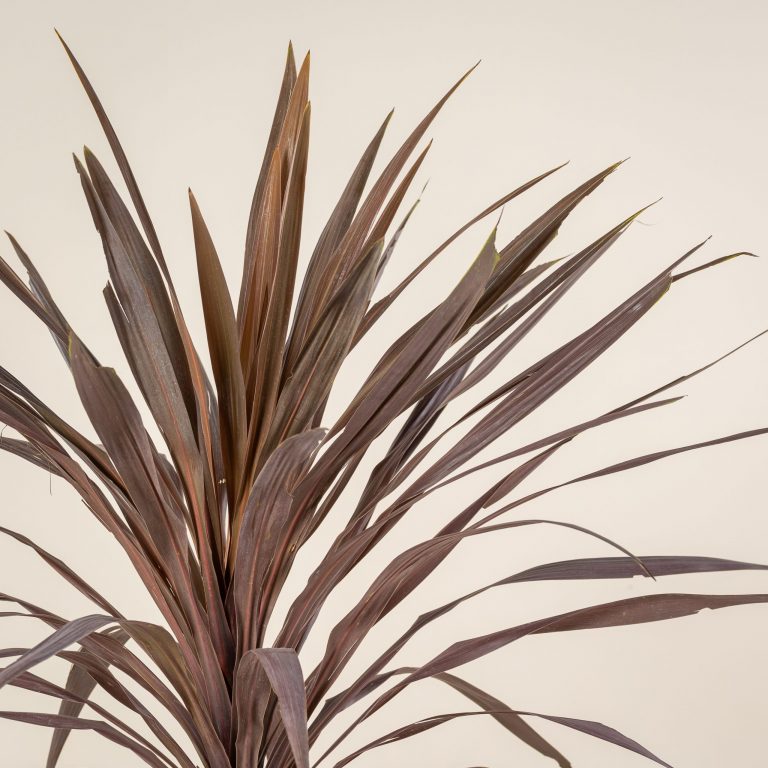
Care & Size Guidance
The Purple Cabbage Tree is smaller than the original species and thus is more suitable for container growth. Specimens grown in a container are unlikely to flower.
Planted in the ground it usually flowers (and thus forks) after about 6 to 10 years, but the right conditions can bring the flowering to 3 years of age.
The ‘Atropurpurea’ cultivar is marginally less hardy.
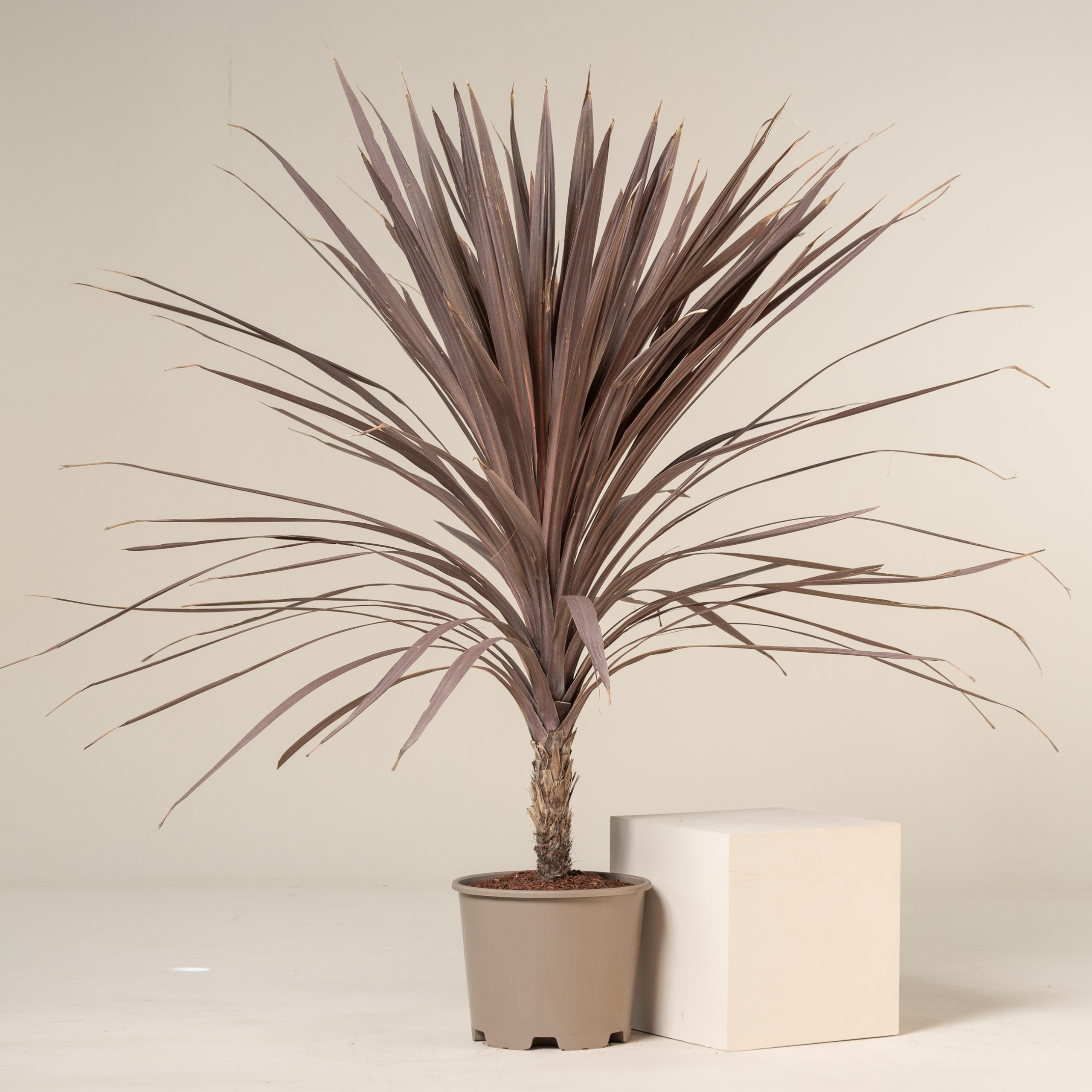
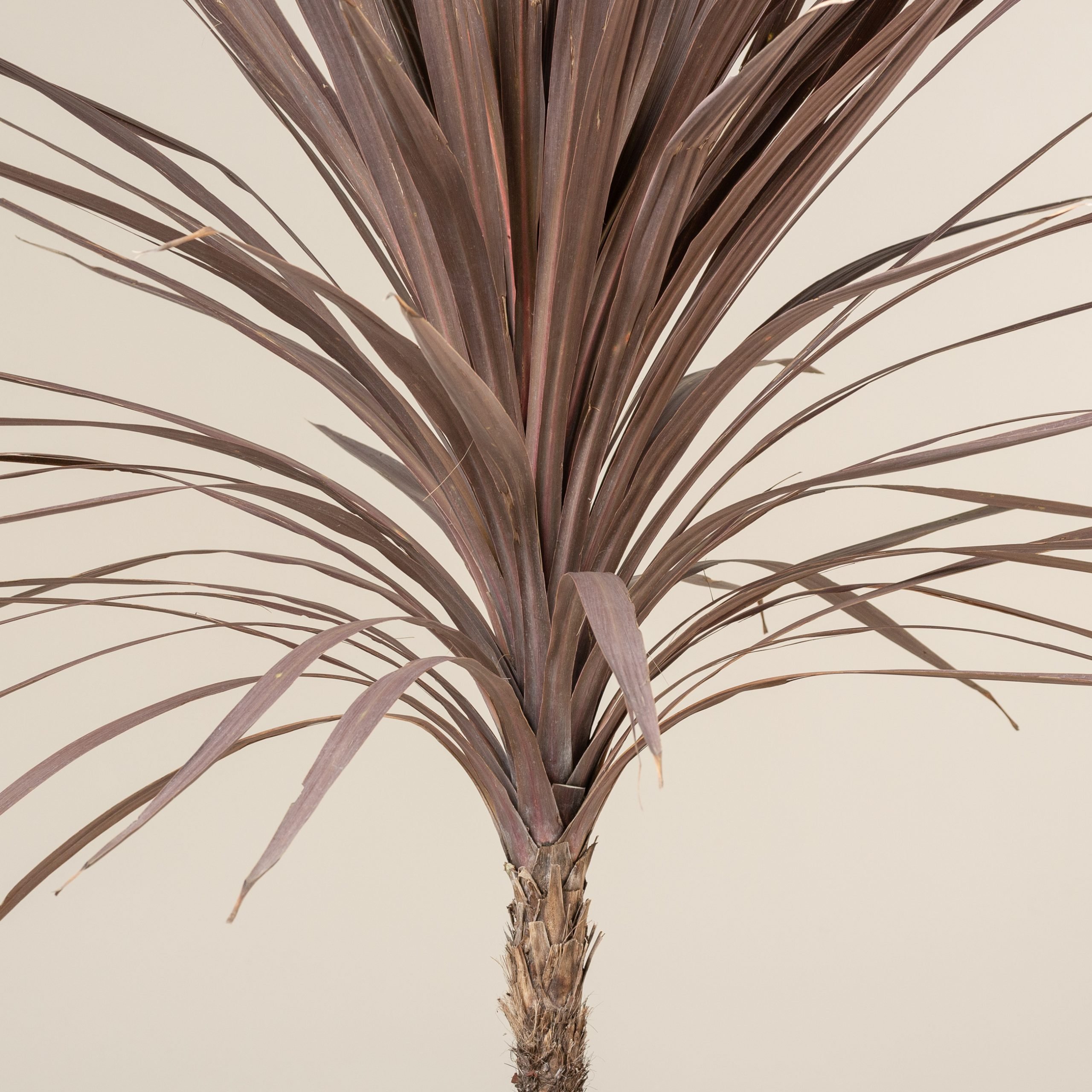

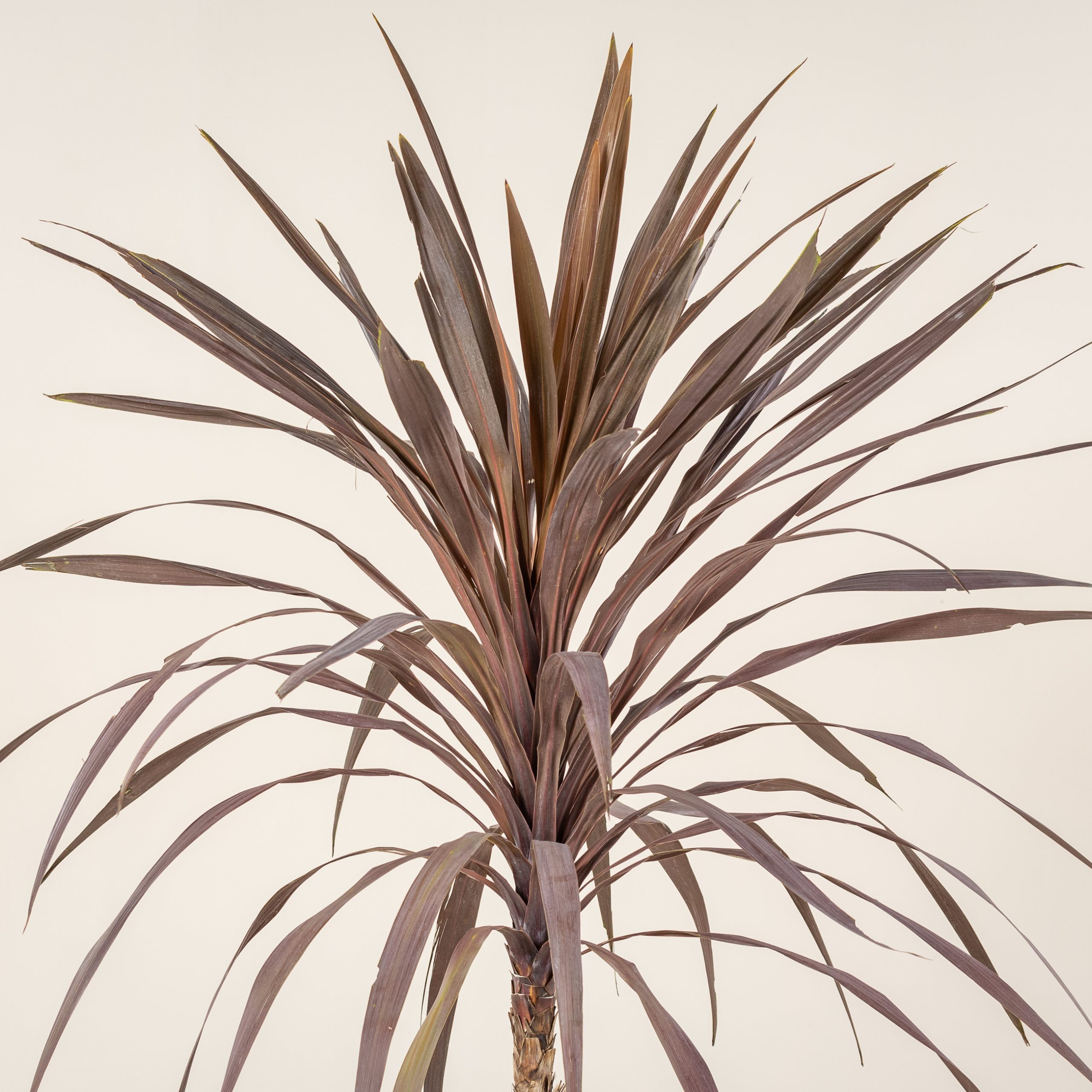
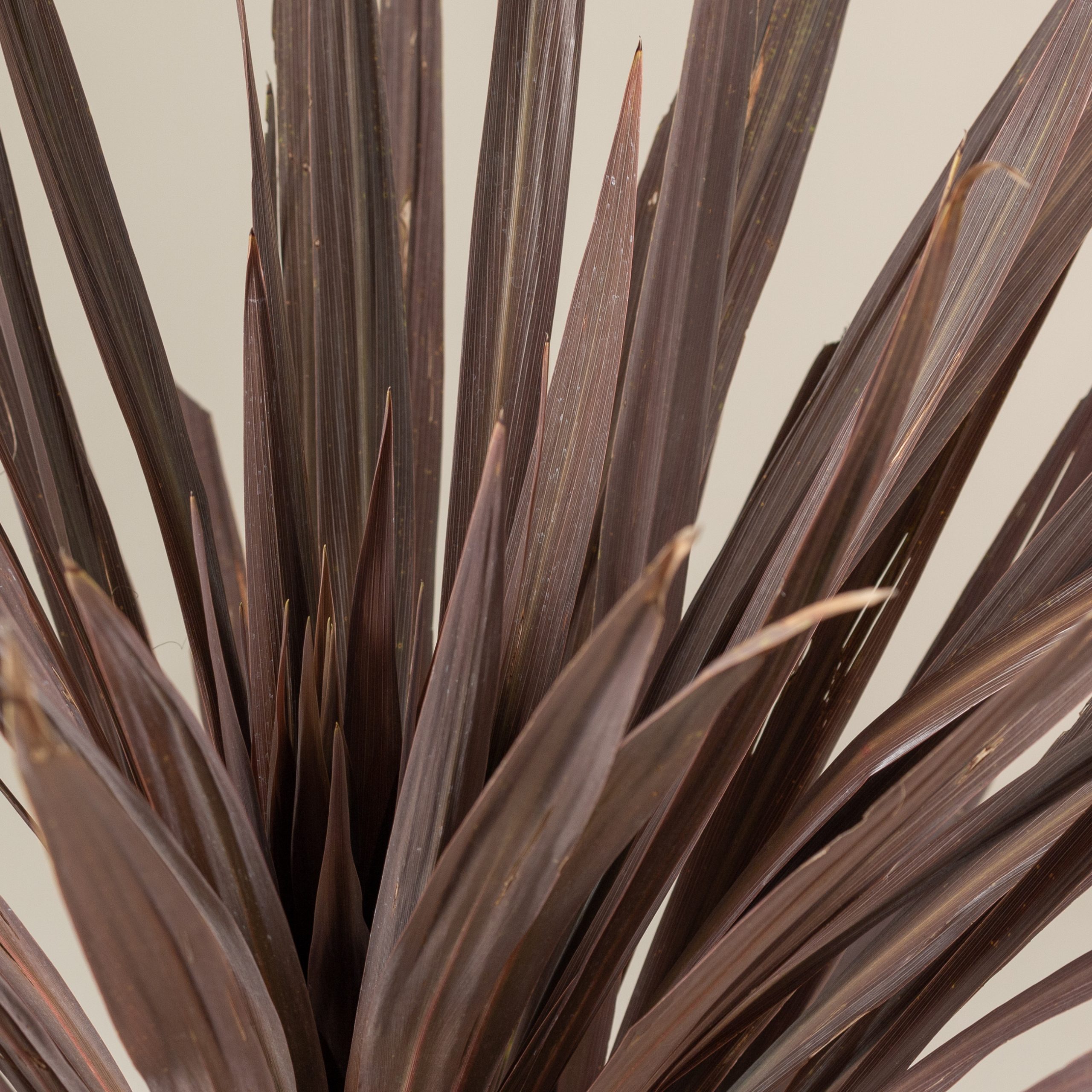
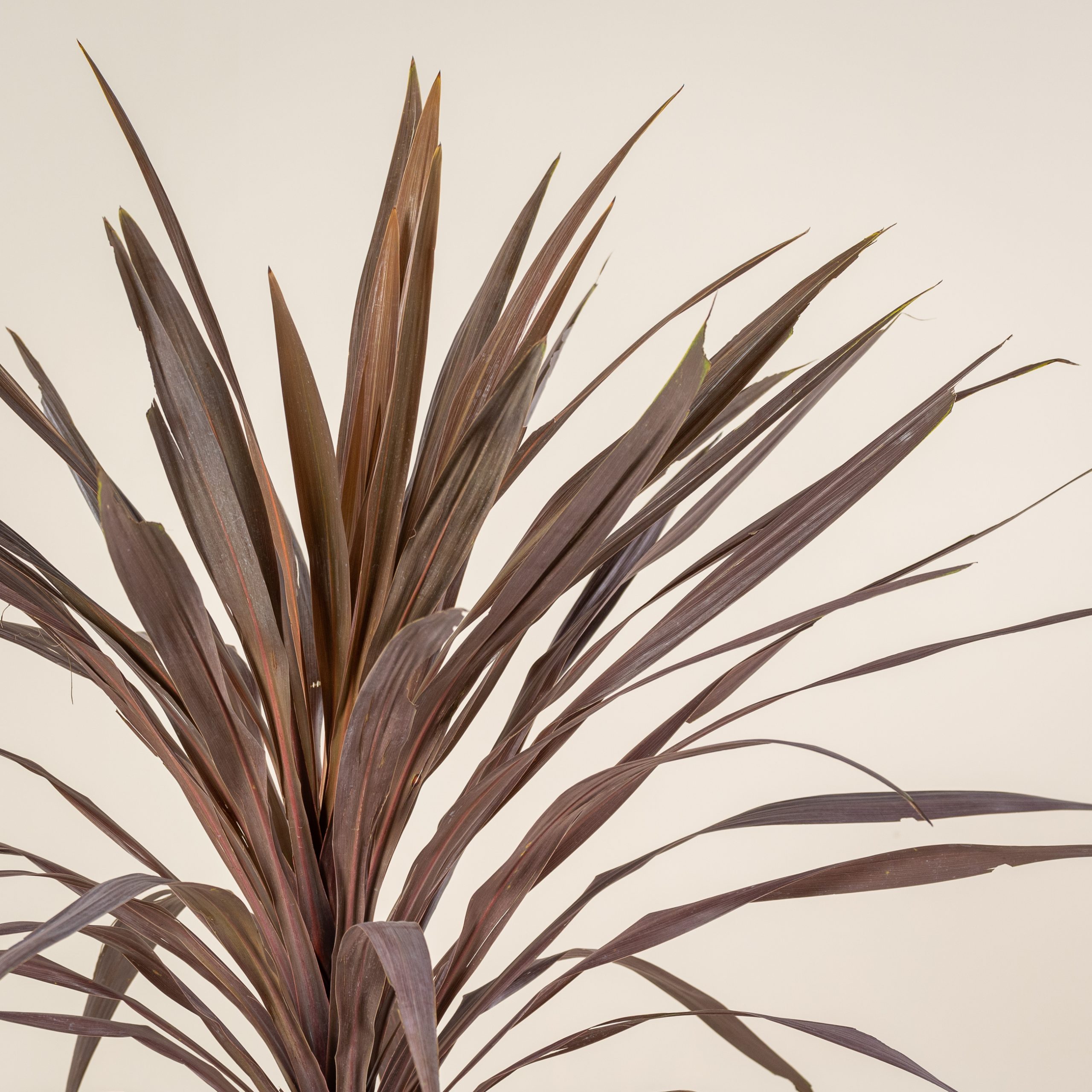
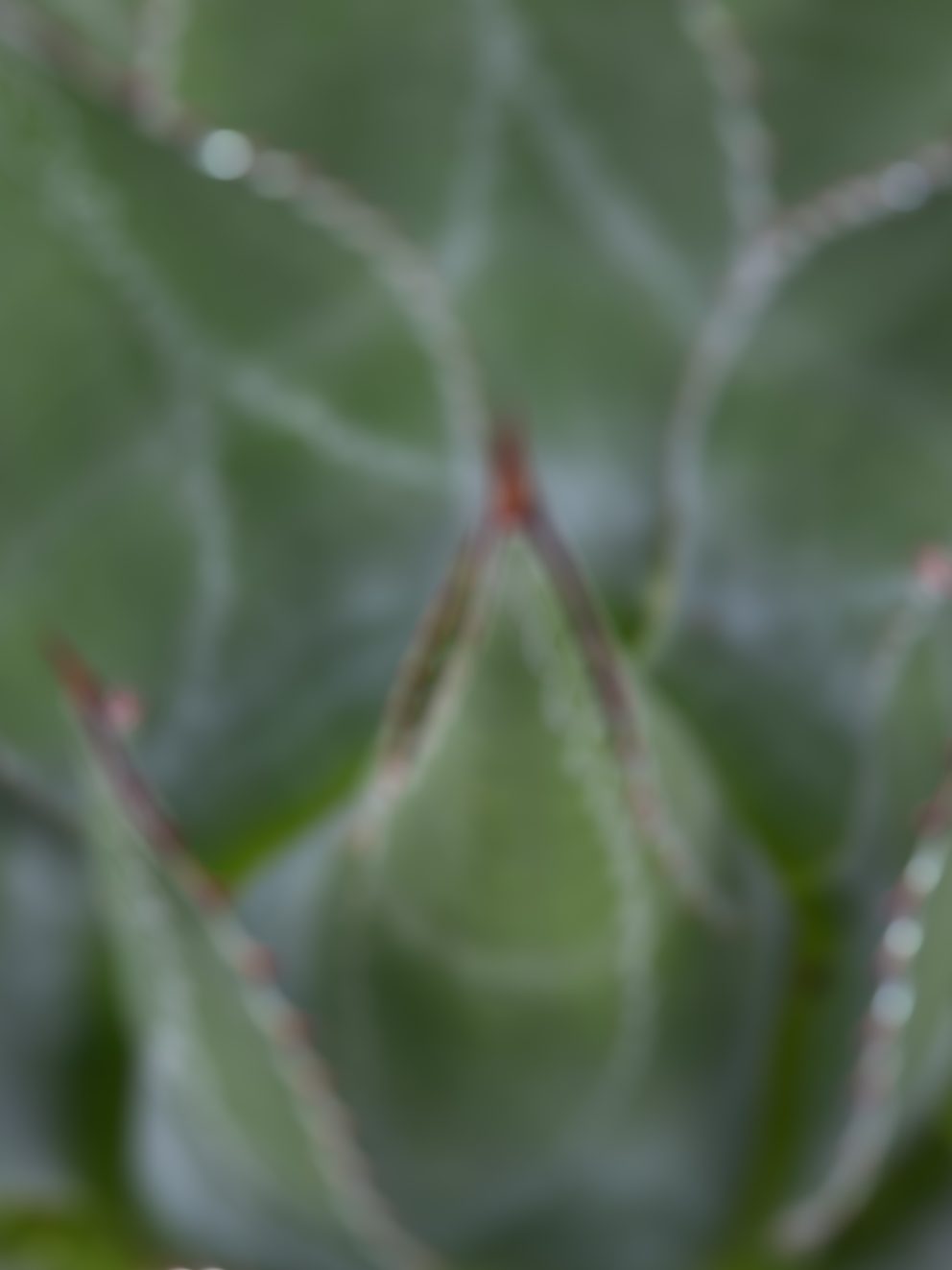
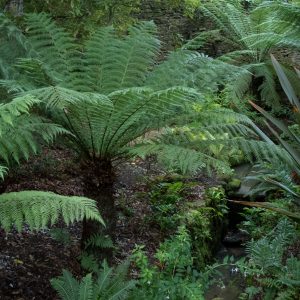

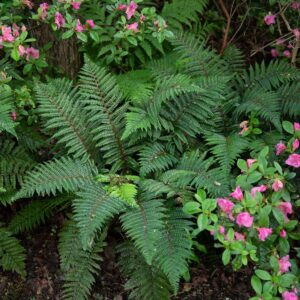
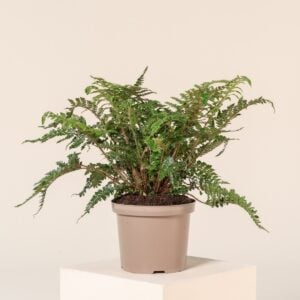
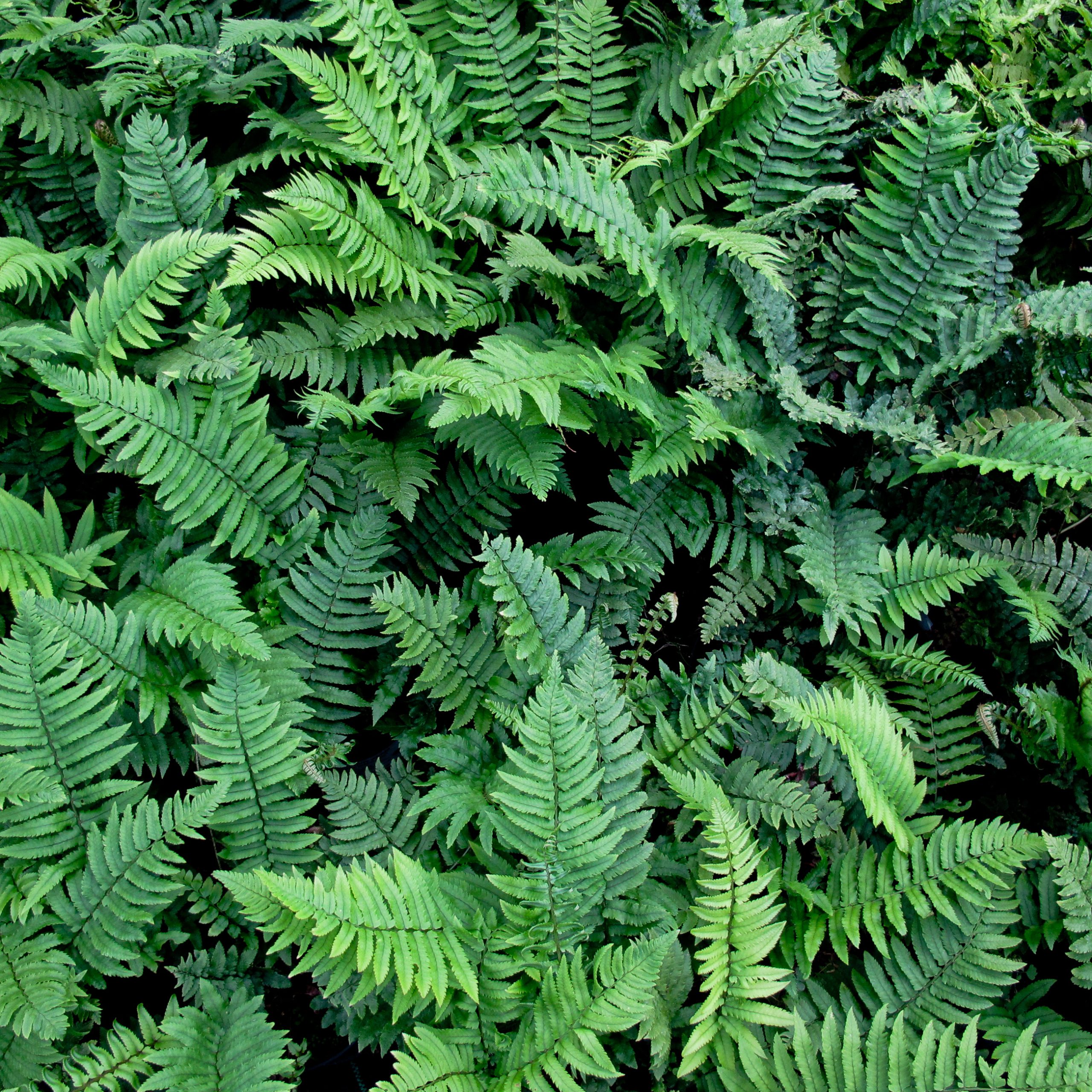
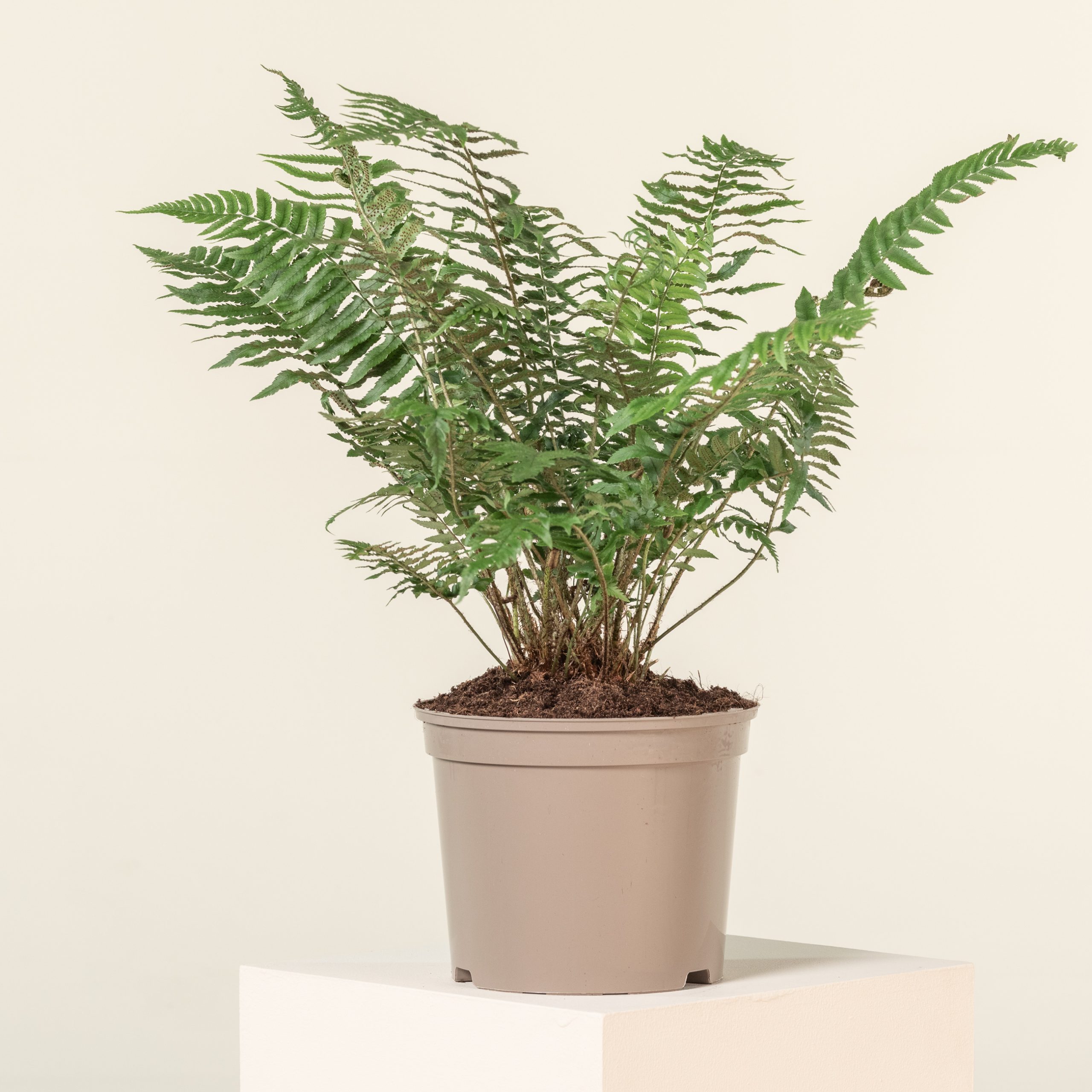
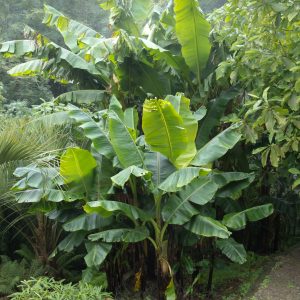
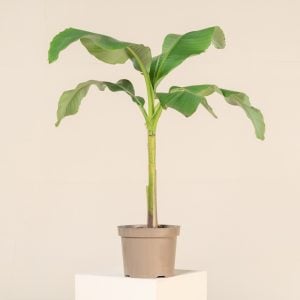
Reviews
There are no reviews yet.